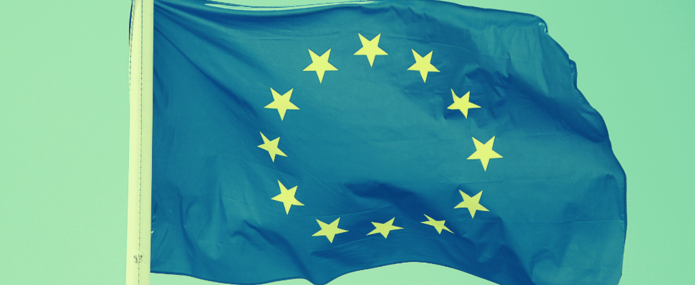Two and a half years after the European Commission's communication that launched it and two years before the next European elections, it is an appropriate time to take stock of the European Green Deal's contribution to reaching our common objectives. The initial intention of accelerating action to protect the environment and fight climate change in order to make the European economy more sustainable was clear. Has the Green Deal lived up to its promise?
The first observation is that the Green Deal has resulted in tangible and concrete progress in terms of public policies. The adoption of a climate law and a climate neutrality objective in 2050 sets a new horizon for European societies and economic actors. The Fit for 55 package, presented in July, has also made it possible to quickly put back on the table a series of sectoral regulations to accelerate climate action between now and 2030 and has animated a large part of the discussions on European environmental policy over the past six months. Secondly, the crises of the last two years, firstly health-related with the Covid-19 outbreak, then geopolitical with the outbreak of the Russian war in Ukraine and economic with the rise in energy and food prices, have not erased the Green Deal from the European political agenda. On the contrary, the Green Deal is acting as a compass for European policy, as shown by the discussion on the greening of the European recovery plan and the intention to accelerate the energy transition following the Russian war in Ukraine. All this shows that the many co-benefits of environmental action are better recognised at the highest political level. Protecting the environment can help reduce the EU's dependence on energy imports at a time when the continent's strategic autonomy is becoming a new collective goal, through the development of renewable energy and energy efficiency. It also fosters the development of new, more sustainable economic activities that can guarantee the prosperity of European citizens and position European players as pioneers of the low-carbon economy and standard-setters.
However, these observations should not prevent us from reflecting on what is needed and how to strengthen the Green Deal in a context that has become very uncertain. While the results in terms of greenhouse gas emission reductions and progress towards the biodiversity protection targets of the Green Deal policies have yet to materialise, it is important to work now on progress assessment, taking into account all the dimensions of sustainable development, in order to be able to reorient political priorities and identify what works and what does not. Secondly, there is a growing asymmetry between sectoral transitions, as illustrated by the recent calls to slow down the deployment of the "Farm to Fork" strategy, while at the same time an acceleration of the energy transition is announced to speed up the exit from Russian gas. In this respect too, it seems essential to work on deepening synergies between the different priorities between climate, biodiversity and food security in the field of agriculture and land use, both in terms of the targets to be reached and in the design of sectoral policies, as these topics are so interconnected. Finally, the Green Deal has also raised a number of fears among the EU's partners that the EU is developing a green protectionist agenda through the Deal, which should be addressed by putting cooperation proposals on the agenda that are in line with the Green Deal's objectives.
The Green Deal is therefore off to a good start and must be strengthened and improved to produce results, but it must also be defended and made irreversible, as it is central as a basis and as a long-term stability horizon for the European project. How can we ensure that it remains the priority of the next EU presidencies? How can we ensure that it remains at the heart of the debate for the next European elections in two years? What role can the various EU institutions play in all these issues? As the French presidency of the European council comes to an end, what is the need for coordination between the successive presidencies of the Council of the European Union? How can the ambition of the current dossiers be strengthened and what are the important areas on which the EU must focus for the future? In order to answer these questions and to enrich the debate on what remains to be done and what supplements are needed, IDDRI is co-organising this year's Think 2030 conference at Sciences Po Paris with the European think tank IEEP and with the support of the partners of the Think Sustainable Europe network. Based on a barometer measuring the assessment by sustainable development experts of the state of progress of the Green Deal and its major priorities and points for improvement. Then, during four round tables, it aims to collect proposals to improve current and future legislative dossiers such as the Fit for 55 adjustment package, the Carbon Border Adjustment Mechanism (CBAM), the European law on nature restoration and the framework law on sustainable food systems.


